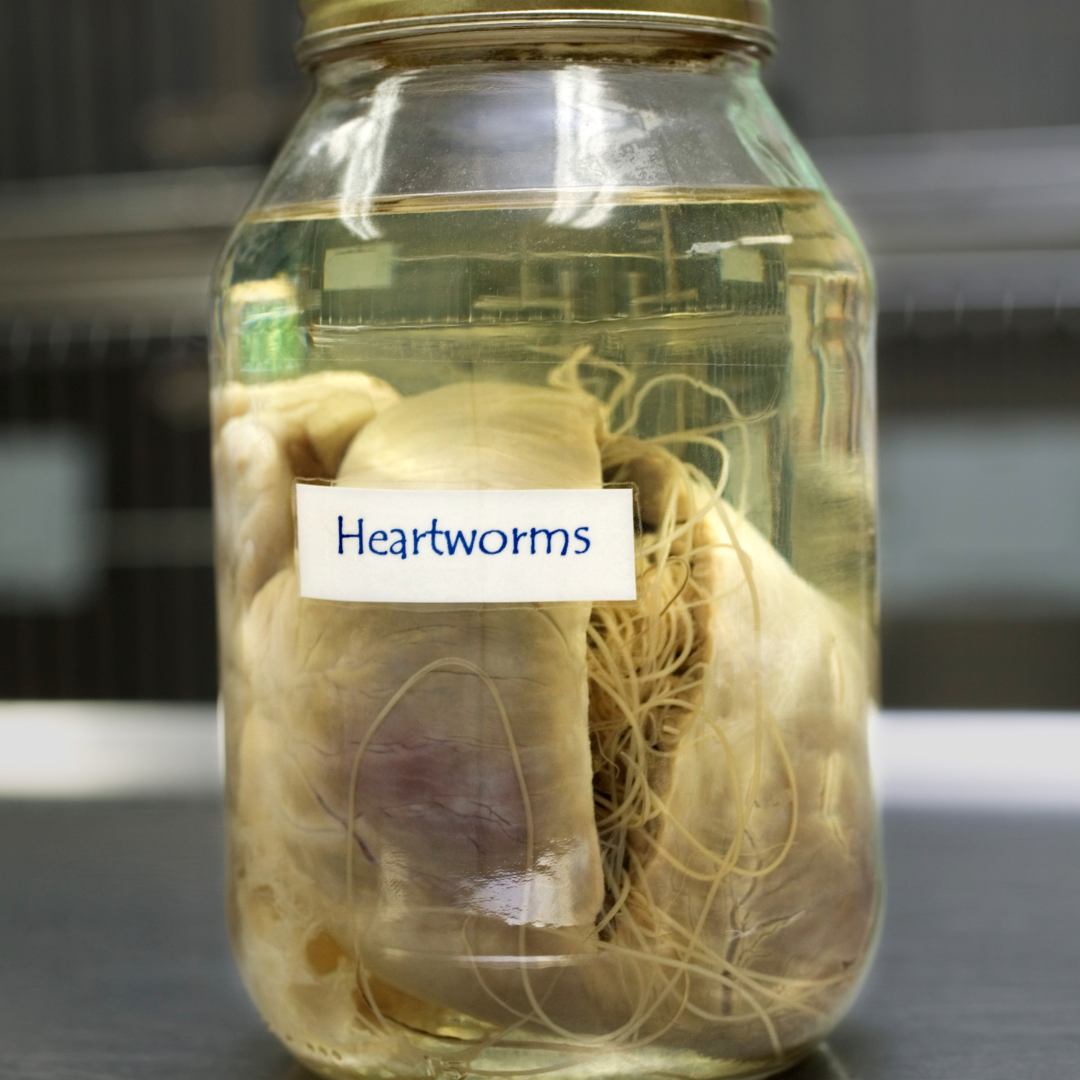Discussing What Heartworm Disease Is, How To Prevent It, And How To Treat It In Honor Of National Heartworm Awareness Month
The American Heartworm Society defines heartworm disease as a serious and potentially fatal disease in pets. Many pet owners know of heartworm disease, but few know exactly what it is. To help further educate pet owners about heartworm, the month of April is observed as National Heartworm Awareness Month.
This article will discuss everything you need to know about National Heartworm Awareness Month. This includes what heartworm disease is, how it affects your pets, how to prevent it, how to treat it, and how to observe National Heartworm Awareness Month.
Heartworm Disease
As previously mentioned, heartworm disease is a serious and potentially fatal disease in pets. It is caused by foot-long worms called heartworms. They live in the heart, lungs, and associated heart vessels. This can cause severe heart failure, lung disease, and damage to other organs.
Heartworm disease occurs in most mammals such as dogs, cats, ferrets, foxes, wolves, and coyotes. However, this disease affects them all in various ways. Dogs are the ideal host for heartworms. They can mature into adults and produce more offspring while inside dogs. This makes dogs high risk candidates for heartworms.
Cats, on the other hand, are not ideal hosts. In most cases, heartworms can’t survive into adults while inside cats. Therefore, most will die off before maturing and reproducing. As a result, many cases of heartworms in cats go unnoticed. But, even young heartworms can cause serious damage to cats.

A lethargic dog
Signs Of Heartworm In Pets
Symptoms of heartworm in pets can be very subtle in the early stages. The longer the infection persists, the more likely the symptoms will appear. For dogs, symptoms of heartworm disease include fatigue, reluctance to exercise, lack of appetite, weight loss, and persistent cough.
For cats, symptoms of heartworm disease can be very subtle or very extreme. Common symptoms include weight loss, lack of appetite, coughing, asthma-like attacks, and vomiting. If your pets display any of the following symptoms, contact your veterinarian immediately.
How To Prevent Heartworm
The best way to prevent heartworm in pets is to give them preventative medication. There are a variety of medications that can prevent heartworm in both dogs and cats. They all require a veterinary prescription. Most of these products are given to your pets monthly. They come in the forms of topical solution, oral tablet (both chewable & non-chewable), and injection.
We recommend consulting with your veterinarian to decide what type of medication is best for your pet. For more information about the various types and brands of heartworm medication, click here for dogs, click here for cats.
How To Treat Heartworm
Thankfully, there are multiple drugs that can kill heartworms inside your pets. However, it’s worth noting that most pets have advanced heartworm disease by the time they display symptoms, are diagnosed, and treated. That’s why heartworm prevention is the best form of treatment.
Actually treating heartworms is a very lengthy process. It usually involves oral medications, followed by hospitalization, injections, and sometimes even surgery. For a full breakdown on treating heartworm disease, click here.

A cat on social media
Observing The Holiday
The best way to observe National Heartworm Awareness Month is to take preventative measures to protect your pets from heartworm disease. Speak with your veterinarian about what heartworm medications are best for your pets.
Additionally, you can also observe this wonderful holiday by spreading the word about it on social media. A simple post on social media can help educate pet owners about the importance of heartworm prevention. Be sure to share this article too!
Hire A Pet Sitter Today!
Do you or someone you know need a pet sitter? Then look no further than ParaMount Pet Care! We are the leading pet care professionals in the Luzerne County area. All of our sitters are insured, bonded, trained in pet CPR & first aid, and dedicated to caring for your pets.
We offer a wide variety of pet sitting services such as in-home pet sitting, routine dog walking, overnight stays, and more! Click here to see all of our services! Click here to become a client today or give us a call at 570-814-1037. We look forward to hearing from you soon!


0 Comments